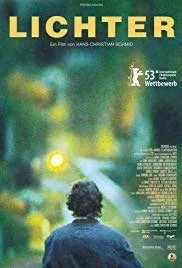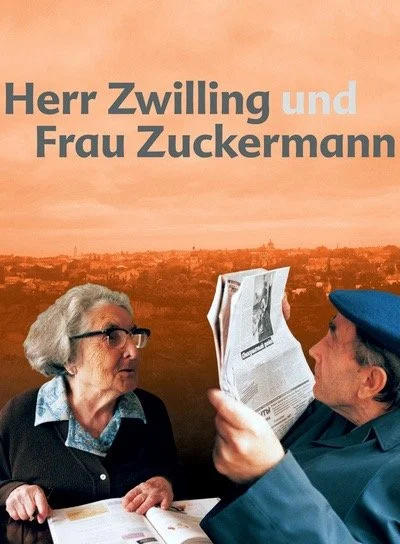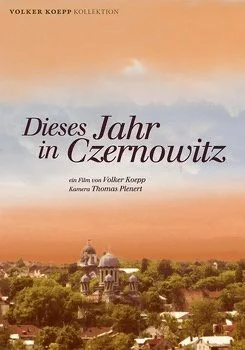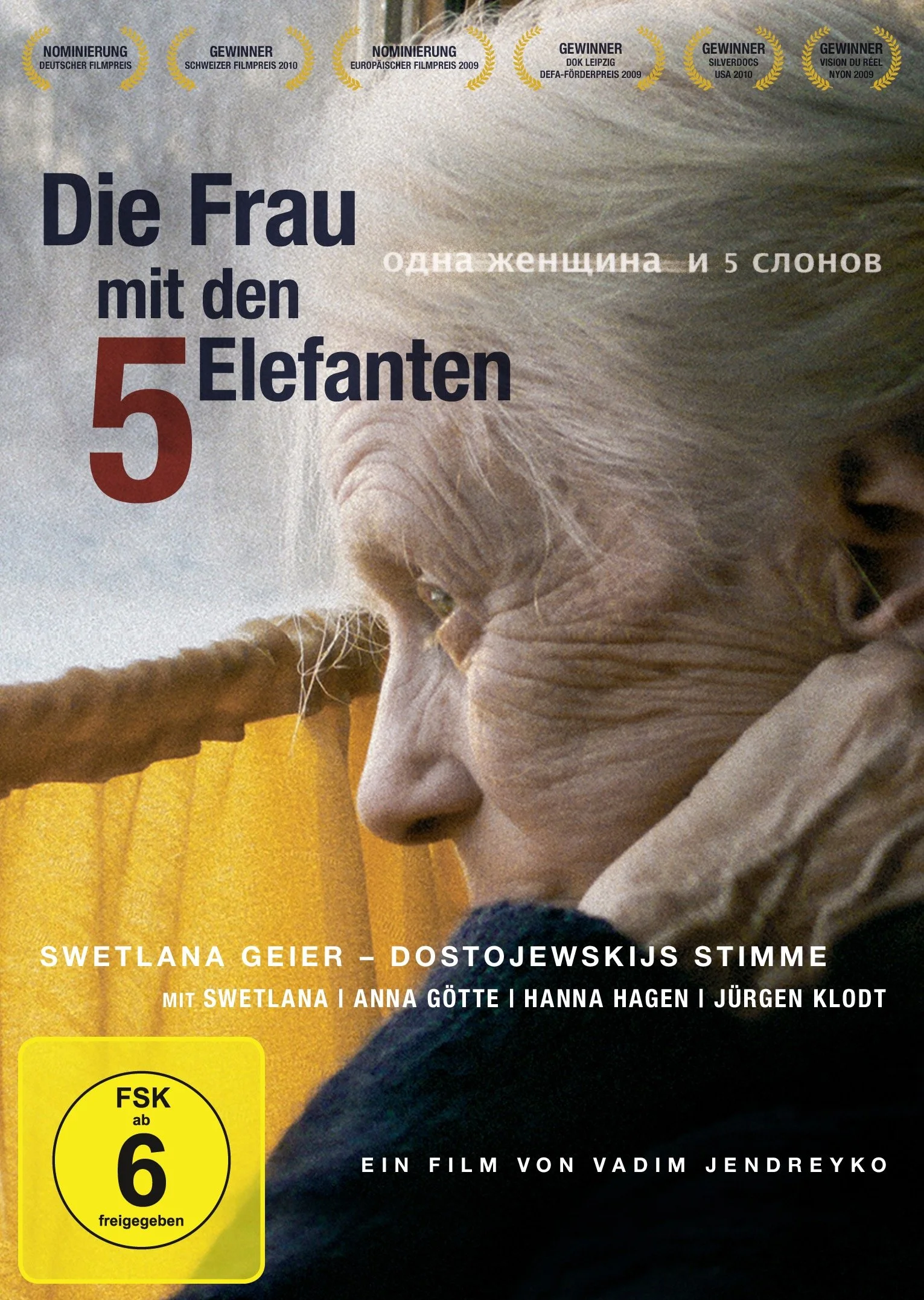- Activism
- Animation
- Asylum
- Austria
- Berlin
- Black Germans
- Childhood
- Cologne
- Colonialism
- Comedy
- DDR
- Documentary
- East/West Germany
- Environment
- Food
- Hamburg
- Health
- Holocaust
- Immigration
- Intergenerational Families
- Jewish
- Judicial system
- Lesbian/Gay
- Lübeck
- Munich
- National Socialism
- Politics
- Pomerania
- Racism
- Religion
- Sexism
- Short films
- Stuttgart
- Switzerland
- Twins
- Weimar Republic
Lichter
This movie reflects on the situation around the border between Poland and Germany. The fate of many single characters creates a picture of life in this region: Some Ukrainians want to cross the border illegally to get into Germany, a company wants to build a new factory, a Polish taxi driver desperately needs money to buy his daughter a communion dress, and so on.
Schattenland: Reise nach Masuren
With Schattenland Volker Koepp and his long-time cameraman Thomas Plenert take us on a trip to the north-east of Poland to Masuria - probably the best known landscape of former East Prussia. Encounters with people who appear to be stranded away from the tourist areas of Masuria: farmers who use the short summers in the supposed idyll to wring grain from the barren soil. Ukrainians who were forcibly relocated after the Second World War and who moved to their old homeland after Poland's accession to the EU.
Herr Zwilling und Frau Zuckermann
Only two Jews who were born in the town of Czernowitz still survive, after the turmoils of the twentieth century, and they are now both in their nineties.
Dieses Jahr in Czernowitz
Controlled in turn by Austria, Romania and Russia, Czernowitz was once a cultural (and highly cultured) melting pot with a Jewish population comprising about half its total 150,000. These days, it’s quieter, smaller, less diverse, and again a source for exodus–though now for economic rather than political reasons. Among those journeying back to explore their roots and visit family burial sites are the U.S.-based writer Norman Manea, actor Harvey Keitel (whose segs are the least engaging), a Berlin cellist, and two middle-aged Viennese sisters. Their visits are variably painful or pleasant, provoking meditation on the concepts of home, native language and belonging.
Die Frau mit 5 Elefanten
Swetlana Geier is considered the greatest translator of Russian literature into German. Her new translations of Dostoyevsky’s five great novels, known as the “five elephants,” are her life’s work and literary milestones. “The concept of transportation is not an adequate metaphor for translation. It is not transportation, since the luggage never arrives. I’ve always been interested in the losses. By what always has to be left outside that which has been newly created, the translation.”





